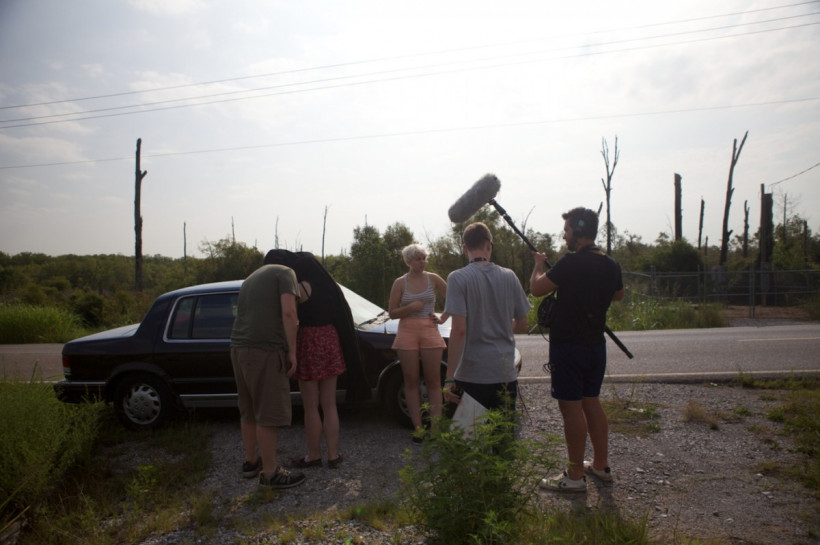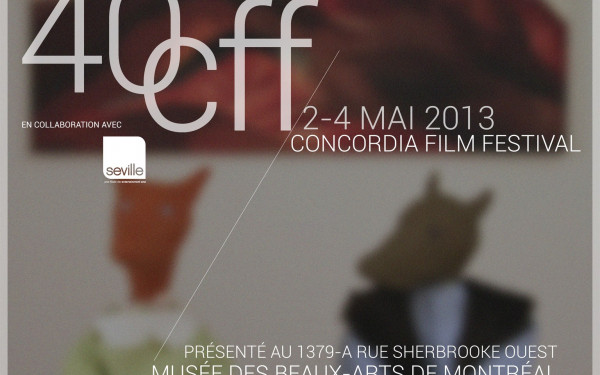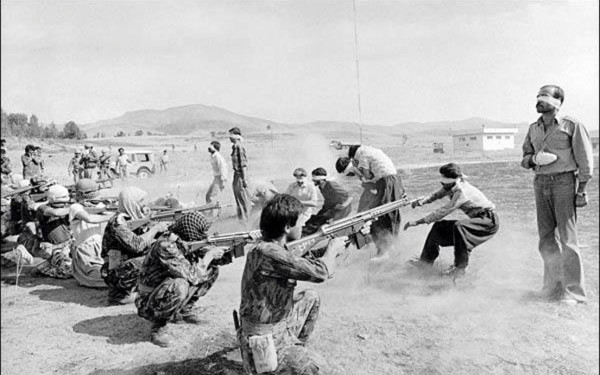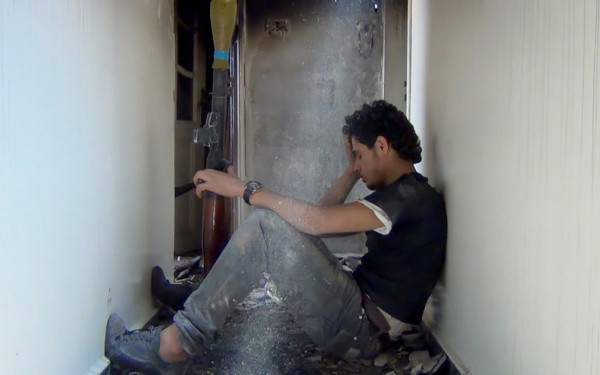Indie Quebec
Quebec cinema is taking over. Both the Cineplex Odeon Quartier Latin and the Cinemathèque were reserved earlier this month for Quebec films as part of the Rendez-vous du cinéma québécois.
Discussions between artists and producers of the film industry were held as part of the cinq à sept, to honour female filmmakers and the filmmaker André Melançon.
Independent cinema also shone with 35 documentaries and over 200 shorts screened during the Rendez-vous.
Five films produced by Concordia students were shown during the festival, including an ambitious independent feature-length production, Soft Gun, directed by three alumni.
The film tells the story of two travellers wandering through the southern United States and features a climactic ending in New York City.
The impulsivity of the filmmakers to take an idea and turn it into an artistic road trip is similar to that of the story’s female protagonist, who finds herself hitting the road to Atlanta with the hope of reuniting with a long-lost cousin.
Starting with a 50-word script and an untamed desire to explore the roads of America, the seven-member crew set off to Atlanta in the summer of 2011 with a few hundred dollars in their pockets.
“Some people thought we were mad,” said co-director and co-writer Guillaume Collin about the challenge of directing the film. “We wanted to learn together. We didn’t realize how complicated co-directing was.”
In the end, Collin ended up being the only one behind the camera, as Alexandra Bégin and Jesse Kray, the two other co-directors were already busy playing the two main characters.
“There was no timeframe,” said Collin of the pre-production process.
“Things went so fast,” added Bégin. “We actually finished the financing campaign one week before shooting.”
Like many other indie projects, the film’s budget came mostly from an online Kickstarter fundraising campaign.
As for commercial success, Bégin acknowledged the importance of having a star attached to the project—but also admitted that it was not a priority for the crew.
“It didn’t even cross our mind. We had to make the film as fast as possible,” she said. In the end, the film did fairly well on the Canadian festival circuit, screening at both the Toronto Independent Film Festival and the Cinéfest Sudbury International Film Festival.
Being independent in every sense of the word, the next step for Soft Gun is the American festival circuit, followed by online distribution before the end of the year.
Soft Gun editor Daniel Dietzel will also present his own short film, A Million Statues, a film he defines as “two people kissing.” In the five-minute short, the viewer is taken on an exploration of film in the digital age.
“It’s the idea that a frame is like a statue—one image is created into light and fades into light.”
Also working on Soft Gun, this time as a sound engineer, filmmaker Dejan Pavlovic will show his first short Mjestro Mira, a film set in Sarajevo during wartime. The film examines the ambiguity of the time, “as we question who’s to blame and we are there to see the world change” instead of the usual implied political opposition between two groups.
Mjestro Mira was shot entirely in Montreal, which was briefly transformed into a pseudo-Sarajevo. According to Pavlovic, the film is not about war, but about two human beings who just happen to be trapped in between the two camps.
The advantage of having no memories about the Bosnian conflict is, through Pavlovic’s eyes, essential to the exclusion of political judgment and bias. For a sense of historical context, he consulted family members who all have their own personal views on the war.
Collin, who produced the short, highlighted the fact that film school has allowed him and his fellow students to create links and a network of people who, even if they have different interests and viewpoints, can have the opportunity to collaborate on films.
He hopes this spirit of collaboration will live on in the upcoming years, as new projects are already on the table.







_600_375_90_s_c1.jpg)